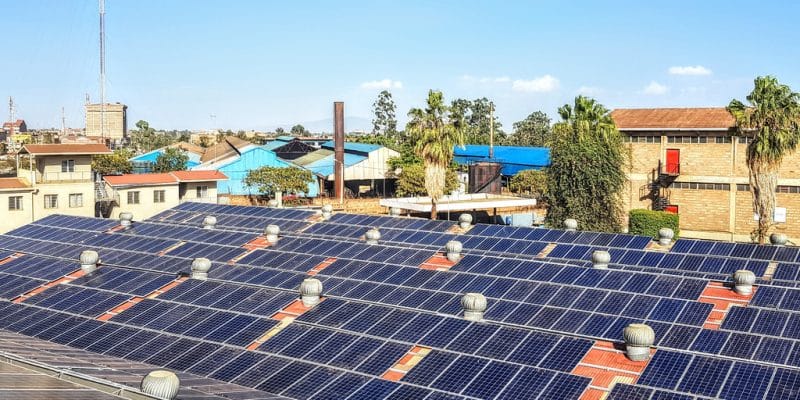The Schweppes Africa Holdings in Harare now operates with a solar off-grid system that reduces its dependence on the national electricity network. The system is also equipped with a solar off-grid system that reduces its dependence on the grid. It has been installed under an agreement signed with the off-grid Distributed Power Africa (DPA) supplier.
The Schweppes Africa Holdings plant Located in Willowvale, a business district of Harare will no longer be forced to operate depending on the availability of electricity from the national grid. The subsidiary of Schweppes, a Swiss soft drink brand, has decided to adopt the solar off-grid approach, which has been installed on the rooftop of its factory.
The commissioning of the facility was the subject of an inauguration ceremony attended by Fortune Chasi, Zimbabwe’s Minister of Energy and Energy Development. The solar off grid is the result of an agreement signed between Schweppes and Distributed Power Africa (DPA), a renewable energy supplier well known in Zimbabwe for its many achievements.
A $2 million investment
The off grid consists of 2,446 solar panels connected together by inverters that convert the direct voltage into an alternating voltage, similar to that of the electricity grid. The installation is thus capable of producing 1 MWp. This capacity makes it one of the largest rooftop solar off-grid systems in sub-Saharan Africa. The project required an investment of $2 million to complete. The installation is of major importance for the soft drink supplier.
“In addition to reducing carbon emissions, the solar power plant will significantly reduce our demand for electricity from the national grid. We expect to generate a daily total of 1 MWp compared to our maximum daily demand of 1.5 MW. We are therefore reducing our overall electricity demand by 67%,” explains Charles Msipa, General Manager of Schweppes Zimbabwe. However, the company will have to pay a monthly invoice for maintenance, monitoring and insurance costs over a period of 15 years.
At the inauguration ceremony, Minister Fortune Chasi encouraged Zimbabwe-based companies to adopt the off-grid approach. A viable alternative to a failing national electricity system. Indeed, well before the Minister’s statement, many companies had already adopted this solution. This is the case of Econet Wireless, a large telecommunications company. A few months ago, Distributed Power Africa (DPA) also connected an off-grid of 466 kWp to its Willowvale unit.
Jean Marie Takouleu







